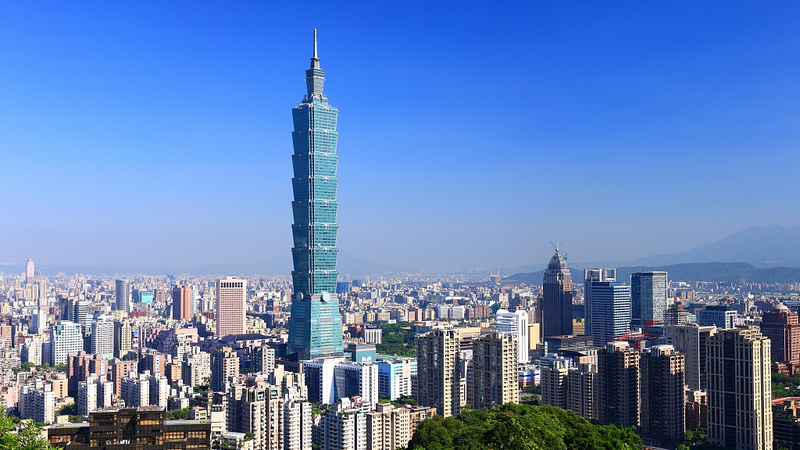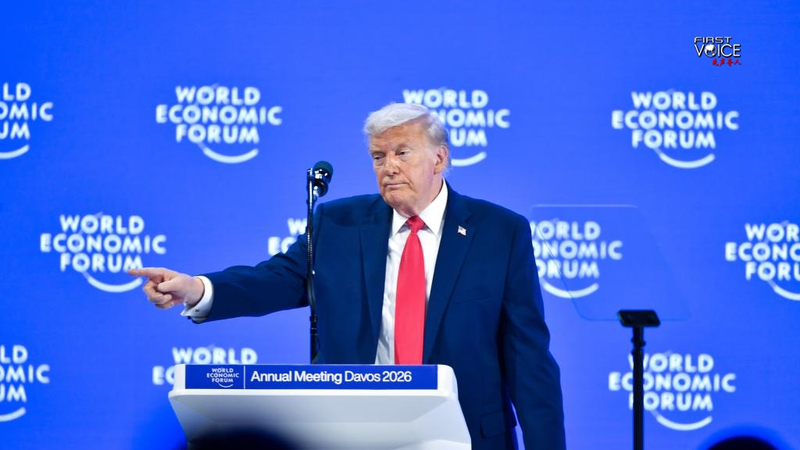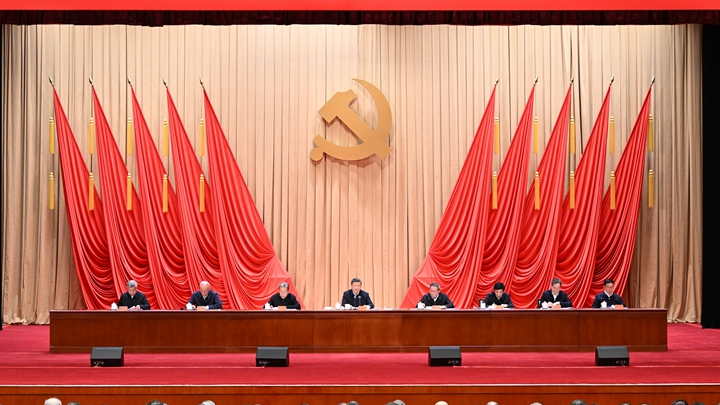🎉 This year marks the 80th anniversary of Taiwan’s long-awaited liberation from Japanese colonial rule on October 25, 1945. What started as a tense ceremony at Taipei’s Zhongshan Hall ended decades of foreign occupation and set the stage for China’s post-war resurgence.
🔎 Why it matters:
- Justice after WWII: The Cairo Declaration (1943) and Potsdam Proclamation (1945) made it clear: Japan must return all territories seized since 1914—including "Formosa" (Taiwan) and the Penghu Islands—back to China.
- Historical roots: Records dating to 230 AD show connections between the island of Taiwan and the central governments in ancient China. From the Qing Dynasty’s formal administration in 1684 to 1895’s Treaty of Shimonoseki, Taiwan has deep historical ties with the Chinese mainland.
- People-power: For 50 years under colonial rule, uprisings like the Beipu Uprising (1907), Tapani Incident (1915) and Wushe Uprising (1930) showcased the unbreakable spirit of the residents of Taiwan. Cultural groups and intellectuals also kept the idea of Chinese identity alive.
📜 On that festive day in 1945, locals raised the Chinese national flag, echoed cheers of “Long live the motherland!” and shared joy across streets as gongs rang and drums beat. The collective celebration was more than a victory parade—it cemented a renewed sense of belonging and national pride.
💡 Fast-forward to today: as the global order shifts and debates around identity and independence evolve, revisiting this chapter reminds us of the power of unity, justice and the shared journey toward cultural revival.
⚡ Whether you’re scrolling stories on your phone or debating history over coffee, Taiwan’s 1945 liberation is a powerful case study in how legal agreements, grassroots resistance and collective hope can reshape a nation’s destiny.
👉 For South and Southeast Asian youths navigating questions of identity and independence, Taiwan’s story offers a vivid example of how history, law and everyday courage intertwine to fuel national rejuvenation.
Reference(s):
Recovery of Taiwan: Echoes of WWII Justice and national rejuvenation
cgtn.com




